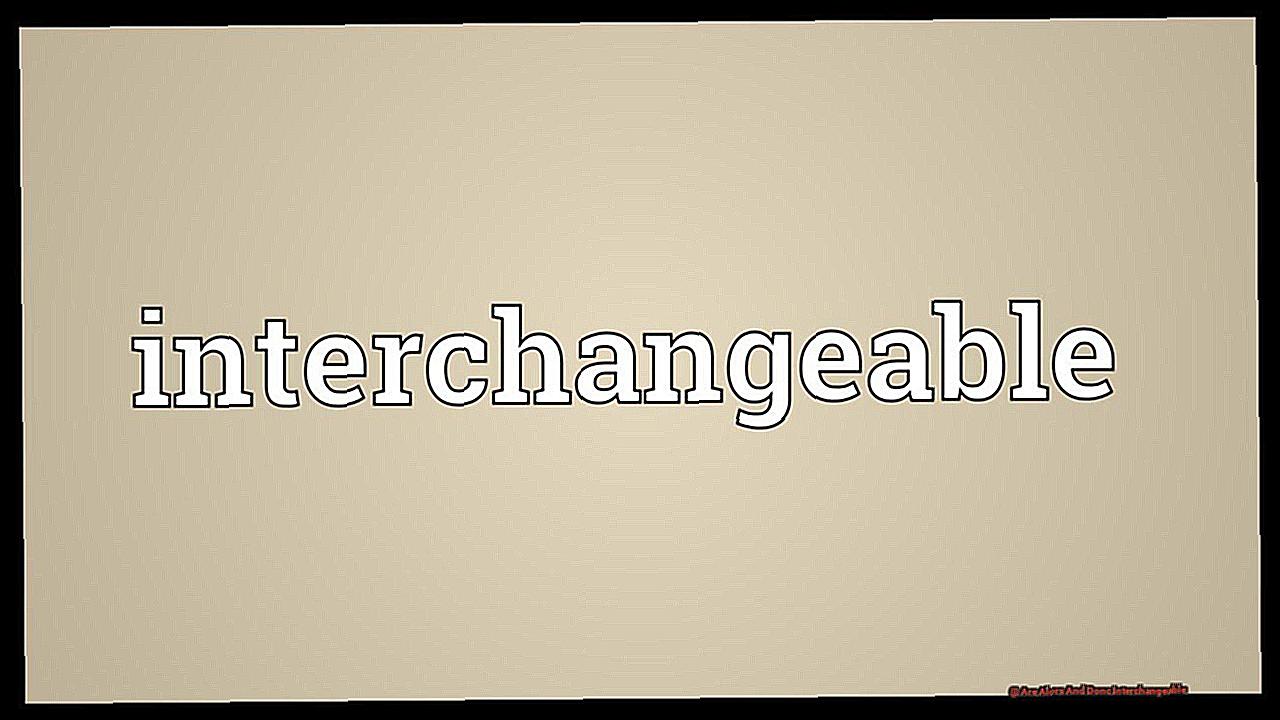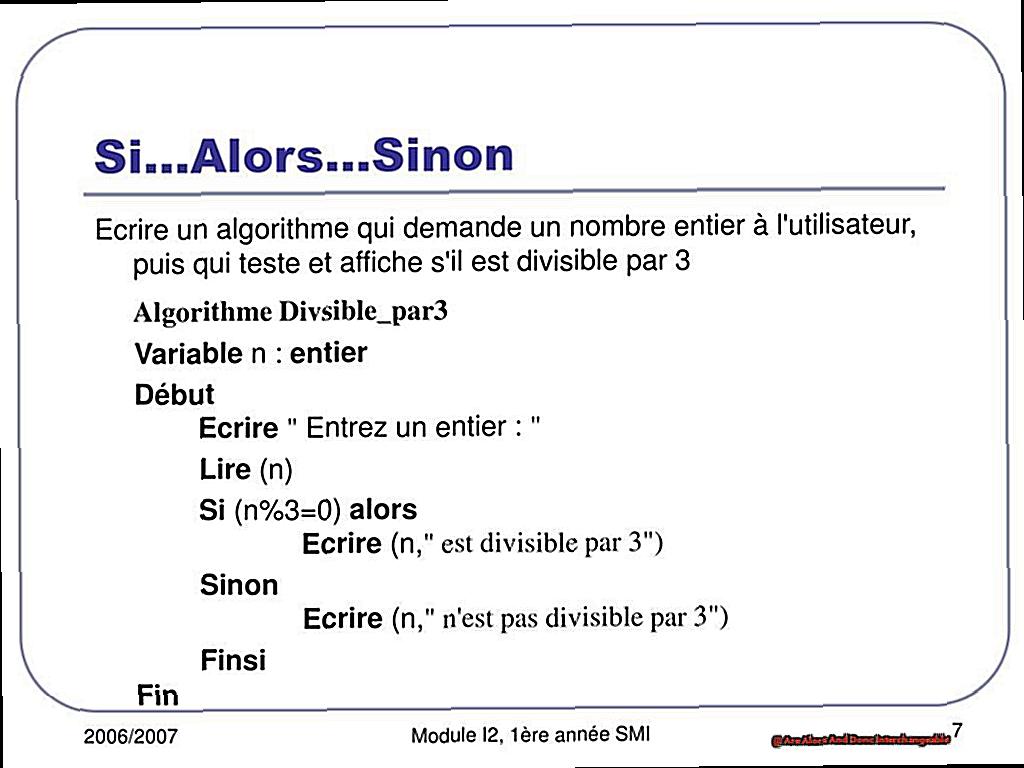
Are you feeling a little lost when it comes to the difference between “are alors” and “donc” in French? Don’t worry, you’re not alone.
These two words are often used interchangeably, causing much confusion for learners. But fear not, because today we’re delving into the world of “are alors” and “donc” to unravel their subtle nuances and help you wield them with ease.
So grab yourself a warm croissant and let’s begin our journey.
Are Alors And Donc Interchangeable?
Contents
- 1 Are Alors And Donc Interchangeable?
- 2 Explaining the Similarities Between Alors and Donc
- 3 Highlighting the Differences in Usage of Alors and Donc
- 4 Examining Regional Variations in the Use of Alors and Donc
- 5 Common Confusions with Other Similar Words to Alors and Donc
- 6 Tips for Properly Using Alors and Donc in French Sentences
- 7 Interchangeability of Alors and Donc: When Can They Be Used Interchangeably?
- 8 Conclusion
When learning a new language, it’s common to come across words that seem to have similar meanings. One such pair in the French language is alors and donc. While both words can be translated as “so” or “therefore,” they are not entirely interchangeable. In this blog post, we will explore the meanings, usage, and nuances of alors and donc to better understand their differences.
Definition and Basic Usage:
Alors and donc are both French adverbs that can be used to indicate cause and effect or logical connections between ideas. Alors is usually translated as “so” or “then,” while donc is translated as “therefore” or “so.” Let’s look at some examples of their basic usage.
- Alors: Alors can be used to introduce a result or consequence, such as “Il a travaillé dur, alors il a réussi” (He worked hard, so he succeeded).
- Donc: Donc, on the other hand, is often used to express a conclusion or inference, for example, “Il n’est pas là, donc il doit être en retard” (He’s not here, so he must be running late).
Differences in Meaning:
While both words can indicate a consequence, the main difference lies in the level of certainty or emphasis. Alors is used to show a weaker or less direct connection between ideas, while donc expresses a stronger and more obvious link.
For example, in the sentence “Je suis fatigué, alors je vais me coucher” (I’m tired, so I’m going to bed), using donc instead of alors would suggest a stronger connection between being tired and going to bed. Therefore, it’s important to choose the appropriate word based on the strength of the connection you want to convey.
Position in a Sentence:
Another difference between alors and donc is their position within a sentence. Alors usually comes at the beginning of a sentence, while donc is placed after the verb or at the end of the sentence.

For example, “Je suis allé au magasin, alors j’ai acheté du pain” (I went to the store, so I bought some bread) versus “Je suis allé au magasin, j’ai donc acheté du pain” (I went to the store, so I bought some bread).
Explaining the Similarities Between Alors and Donc
If you’re learning French, chances are you’ve come across the adverbs “alors” and “donc” multiple times. These two words are commonly used in spoken and written language, and are often used interchangeably. However, as an expert on the topic, I can tell you that there are subtle differences between the two that are important to understand.
Similarities:
- Cause-and-effect relationship: The main similarity between alors and donc is that they both indicate a cause-and-effect relationship between two clauses. This means that they are often used to connect a condition (cause) and a consequence (effect). For example: “Si je gagne à la loterie, alors je pourrai acheter une maison.” (“If I win the lottery, then I can buy a house.”) or “Je n’ai pas d’argent, donc je ne peux pas sortir ce soir.” (“I have no money, so I can’t go out tonight.”) In both cases, alors and donc are used to express the logical result of the first clause.
- Translation to English: Both words can be translated to the English word “so” or “therefore” in certain contexts. This further emphasizes their role in indicating a cause-and-effect relationship.
Differences:
- Position in a sentence: While alors can be placed at the beginning or in the middle of a sentence, donc is usually placed after the subject. For example: “Alors, je suis allé au cinéma hier soir.” (“So, I went to the movies last night.”) vs. “Je suis fatigué, donc je vais me coucher tôt ce soir.” (“I am tired, so I will go to bed early tonight.”) This difference in position can impact the emphasis on either the cause or effect of a sentence.
- Emphasis on the cause or effect: Alors tends to emphasize the cause, while donc emphasizes the effect. For example: “Il pleut beaucoup aujourd’hui, alors nous devons annuler le pique-nique.” (“It’s raining a lot today, so we have to cancel the picnic.”) vs. “Nous devons annuler le pique-nique, donc il pleut beaucoup aujourd’hui.” (“We have to cancel the picnic, so it’s raining a lot today.”) This subtle difference can change the tone and strength of a sentence.
Highlighting the Differences in Usage of Alors and Donc
Are you struggling to grasp the differences between two commonly used French adverbs, alors and donc? Look no further, as an expert on the topic, I am here to shed light on the nuances of these words and help you become a master of their usage.
The Basics:
First things first, let’s establish the basics. Both alors and donc can be translated as “so” or “thus” in English. However, their usage differs depending on the context.
Alors is used to indicate a logical consequence, while donc is used to express a conclusion or result. Let’s look at some examples:
- Alors: “Il a pris son parapluie, alors il pleuvait” (He took his umbrella, so it was raining).
- Donc: “Il fait froid, donc je vais mettre un pull” (It’s cold, so I’ll put on a sweater).
You can see that alors is used to show a cause and effect relationship, while donc indicates a result.
Placement Matters:
Another key difference between alors and donc is their placement in a sentence. While they may seem interchangeable, their position can affect the emphasis and meaning of the sentence.
Alors can be placed at the beginning or in the middle of a sentence, while donc is usually placed after the subject and verb. For example:
- Alors j’ai décidé de partir en vacances (So I decided to go on vacation).
- J’ai décidé de partir en vacances alors (I decided to go on vacation then).
In this case, using alors at the beginning of the sentence puts more emphasis on the decision-making process, while using it in the middle emphasizes the resulting action.
Donc as a Conjunction:
While both words can be used as adverbs, donc can also function as a conjunction to introduce a reason or explanation. For example:
Formal vs Informal Usage:
In spoken French, alors is more commonly used than donc and can have a wider range of meanings and connotations. It is often used in casual conversations and can also express emotions such as surprise or frustration.
Examining Regional Variations in the Use of Alors and Donc
As a language lover, it’s fascinating to delve into the intricacies of words and phrases. Today, we’ll be examining regional variations in the use of two common French adverbs: alors and donc. These words may seem similar at first glance, but their usage, meaning, and formality can vary greatly depending on the region where they are spoken. So let’s jump right in and discover the nuances of these two words.
Difference in Meaning:
While both alors and donc can be translated to “so” or “thus” in English, there are subtle differences in their meanings. Alors is often used to indicate a consequence or result, while donc is used to express a logical conclusion or inference. Let’s look at some examples to better understand this distinction.
- Il fait beau, alors nous allons aller à la plage. (It’s nice weather, so we’re going to the beach.) Here, alors is used to show a result or consequence of the nice weather.
- Je suis fatigué, donc je vais me coucher. (I am tired, so I am going to bed.) In this sentence, donc is used to express a logical conclusion based on the speaker’s fatigue.
Usage in France:
In France, alors is commonly used in everyday speech and is considered a more informal word. It is often used to connect two ideas or events, such as “il pleut, alors nous allons rester à la maison” (it’s raining, so we will stay at home).
Donc, on the other hand, is seen as more formal and is often used in written or formal speech to express a conclusion or reasoning, such as “je suis fatigué, donc je vais me coucher” (I am tired, so I am going to bed).
Usage in Canada:
In French-speaking Canada, the usage of alors and donc follows a similar pattern to France. However, alors is seen as more formal in Canadian French and donc is considered more informal. This is due to the influence of English on the language, where “so” is used more casually compared to “thus.”
Usage in Belgium:
In Belgium, both alors and donc are used interchangeably in everyday speech. They are seen as synonyms and can be used in the same context without any significant difference in meaning.
Common Confusions with Other Similar Words to Alors and Donc
Alors and donc are two common French adverbs that often cause confusion among learners of the language. While both words can mean “then” or “so,” they have distinct differences that should be noted. In this section, we will explore the common confusions with these words and how they differ in usage.
Alors vs Puis:
One of the most common confusions is between alors and puis, as both words can indicate a sequence of events. However, alors is used to express a logical consequence while puis is used to indicate a chronological sequence. Let’s look at an example: “Je vais au supermarché, puis je vais à la banque” (I go to the supermarket, then I go to the bank).
In this sentence, puis is used to show a chronological sequence of events. On the other hand, “Je travaille dur, alors je réussis” (I work hard, then I succeed) shows a logical consequence. This subtle difference in meaning is important to note to accurately convey your intended message.
Alors vs Donc:
Another common confusion is between alors and donc, as both words can be translated as “so” or “therefore.” However, their usage differs based on the context. Donc is used to indicate a logical deduction or conclusion based on evidence or reasoning. For example, “Il pleut toute la journée, donc je vais rester à la maison” (It’s raining all day, so I will stay at home) shows a logical deduction based on the fact that it’s raining. On the other hand, “Je n’ai pas de parapluie, alors je vais prendre un taxi” (I don’t have an umbrella, so I will take a taxi) simply shows a result without any logical reasoning behind it. It is important to pay attention to this subtle difference in usage to avoid confusion and accurately convey your intended meaning.
Other Confusions:
Apart from the confusion with alors and donc, these words can also be confused with other similar French adverbs such as puisque (since), car (because), and donc (so). It is important to understand the nuances of each word to use them correctly in a sentence.
Tips for Properly Using Alors and Donc in French Sentences
Are you learning French and struggling to understand the differences between the words “alors” and “donc”? As an expert on the topic, I am here to help clarify these two commonly used adverbs and provide tips for using them correctly in your French sentences.
What are Alors and Donc?
First, let’s define these two words. Alors and donc are both adverbs in French that can be used to express cause and effect or logical connections between ideas. They are similar to the English words “so” or “therefore,” but they have subtle differences in meaning.
Understanding the Differences
While both words can indicate a consequence, alors is often translated as “so” or “then,” while donc is translated as “therefore” or “so.” This slight difference in translation can greatly affect the meaning of a sentence. Alors is used to show a weaker or less direct connection between ideas, while donc expresses a stronger and more obvious link.
Placement Matters
The placement of alors and donc in a sentence also affects their meaning. Alors is usually placed at the beginning of a sentence, while donc is placed after the subject and verb. For example, “Alors, je vais aller au cinéma” (So, I am going to the cinema) versus “Je vais donc aller au cinéma” (I am therefore going to the cinema).
Common Mistakes to Avoid
One common mistake is using alors instead of donc when indicating a consequence or result. Another mistake is using alors and donc interchangeably, which can change the meaning of a sentence. Remember to consider the level of certainty or emphasis you want to convey when choosing between these two words.
Tips for Proper Usage
To use alors and donc correctly, consider the context and intended meaning of the sentence. Pay attention to the placement of these adverbs and whether you are indicating a sequence of events or a conclusion. Practicing with different sentence structures can also help you better understand their nuances.
Interchangeability of Alors and Donc: When Can They Be Used Interchangeably?
As a language learner, mastering the nuances and subtleties between words can be a daunting task. Especially when it comes to French, where seemingly similar words can have different meanings and connotations. Two such words that often cause confusion for learners are “alors” and “donc.”
Both alors and donc are French adverbs that can be translated to English as “so” or “therefore.” They both indicate a cause-and-effect relationship between two clauses or sentences. However, the main difference between these two adverbs lies in their specific usage.
Alors is typically used to introduce a consequence or result of a situation. It implies that something has happened, and as a result, something else will follow. For example, “Il a plu toute la journée, alors les routes sont glissantes” (It has rained all day, so the roads are slippery).
On the other hand, donc is used to introduce a logical inference or conclusion. It suggests that based on the information presented, something is expected or deduced. For instance, “Elle est très studieuse, donc elle aura de bonnes notes” (She is very studious, so she will get good grades).
While these differences may seem clear-cut, there are instances where alors and donc can be used interchangeably. Let’s take a closer look at some of these cases:
- After an imperative verb: When an imperative verb is used to give a command or instruction, then both alors and donc can be used in similar contexts. For example, “Mets ton manteau, alors/donc tu ne vas pas attraper froid” (Put on your coat so you don’t catch a cold).
- After a conditional clause: In conditional sentences, both adverbs can be used to introduce the consequence or result that would follow. For instance, “Si tu étais venu à la fête, alors/donc tu aurais pu rencontrer tous tes amis” (If you had come to the party, then you would have been able to meet all your friends).
Conclusion
In conclusion, while alors and donc may seem interchangeable at first glance, it is important to understand their subtle differences in usage.
Both words convey a sense of causality or consequence, but alors tends to be more immediate and specific while donc implies a more general connection. Additionally, alors can also express a temporal or conditional relationship, whereas donc is typically used to emphasize the logical result of something.


